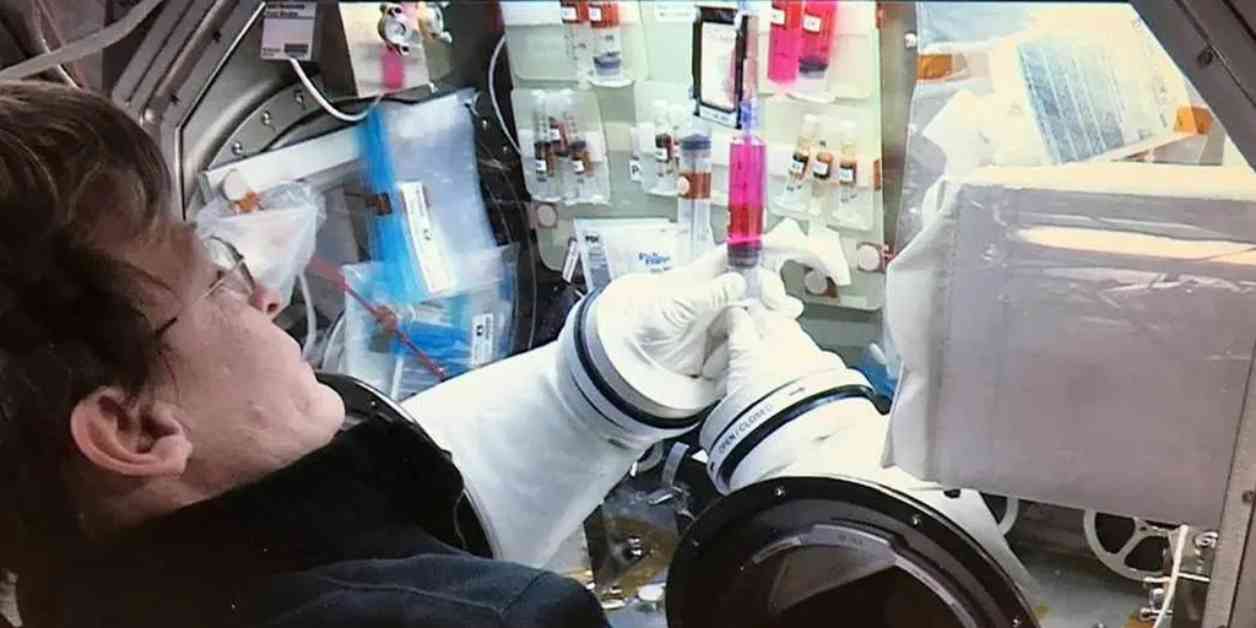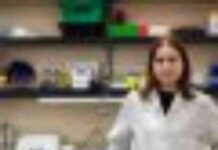The International Space Station (ISS) has been the site of revolutionary medical discoveries that could lead to new treatment options for patients on Earth. NASA Administrator Bill Nelson expressed excitement about the ongoing research on the ISS, highlighting the potential benefits of observing proteins in zero gravity for cancer treatments.
Pharmaceutical company Merck has been involved in protein crystallization research projects on the ISS, with the goal of making drugs more effective and easier to administer. Nelson pointed out that microgravity exposure has improved the drug Keytruda, allowing for quicker and more direct administration to patients.
In addition to drug research, scientists are studying the effects of microgravity and radiation on the human body, which can mimic aging. This research helps us better understand what happens to the body in space and as we age. Stem cell research is another area where space has provided valuable insights, as growing stem cells has been challenging on Earth due to gravity limitations.
Dr. Abba Zubair from the Mayo Clinic conducted research on stem cells in space to explore new treatments for patients. The cells grown on the ISS showed promising results, with no DNA damage or chromosomal abnormalities. While more studies are needed, there is potential for using space-grown stem cells in treating various conditions, including stroke.
Different types of stem cells have shown varying behaviors in space, with mesenchymal stem cells not growing significantly faster but showing enhanced immune cell control. On the other hand, hematopoietic stem cells, which can develop into blood cells, grow much faster in space. This could have implications for treating diseases like cancer, Parkinson’s, and brain cancer.
While research is still in the early stages, scientists hope to continue exploring the possibilities of using space-grown stem cells for medical treatments. Zubair emphasized the need for more funding and access to expedite this process, as many patients are eagerly awaiting these potential treatments. The hope is that with an expanding presence in space, the timeline for using space-grown stem cells in patients could be shortened.
Looking ahead, Zubair expressed his desire to be part of future experiments in space, indicating a strong interest in furthering medical research beyond Earth. The research conducted on the ISS has already shown promising results, and scientists are optimistic about the potential breakthroughs that could benefit patients worldwide.





















